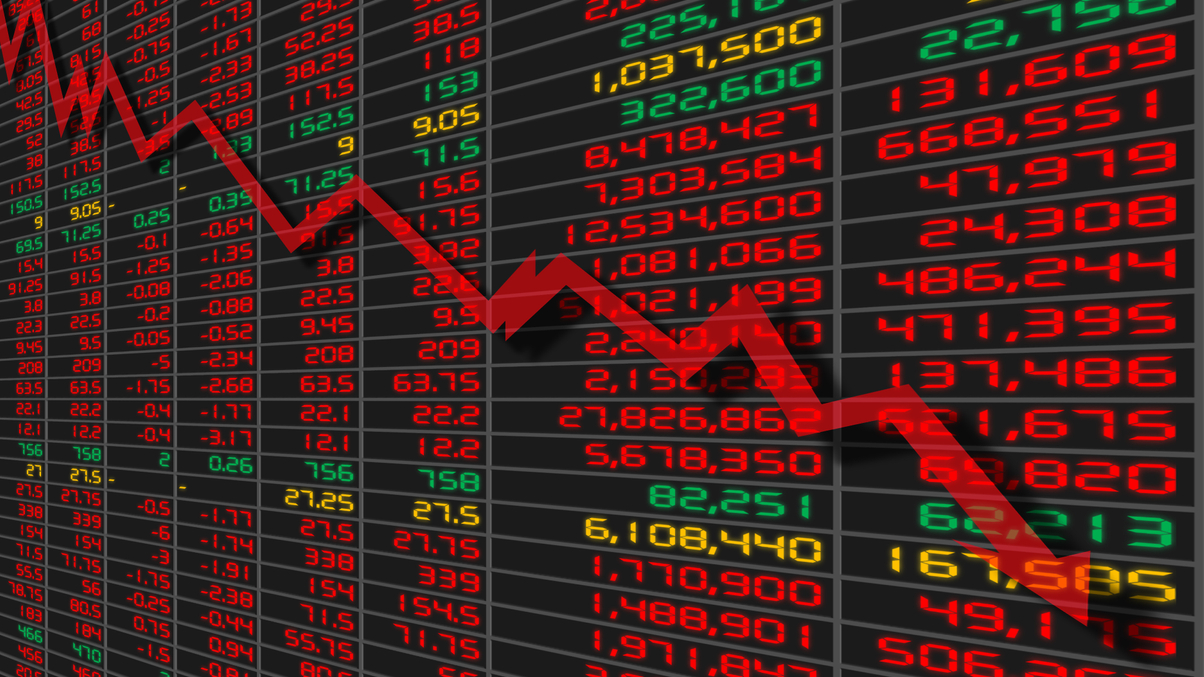Market Views: Responding to the October selloff
Global markets tumbled in October. We asked five experts what Asian investors are doing in response and their market expectations going forward.

After rallying steadily through much of 2018, US stock markets took a hit in October with several key indices seeing their year-to-date gains wiped out, at least temporarily.
Sign in to read on!
Registered users get 2 free articles in 30 days.
Subscribers have full unlimited access to AsianInvestor
Not signed up? New users get 2 free articles per month, plus a 7-day unlimited free trial.
¬ Haymarket Media Limited. All rights reserved.


